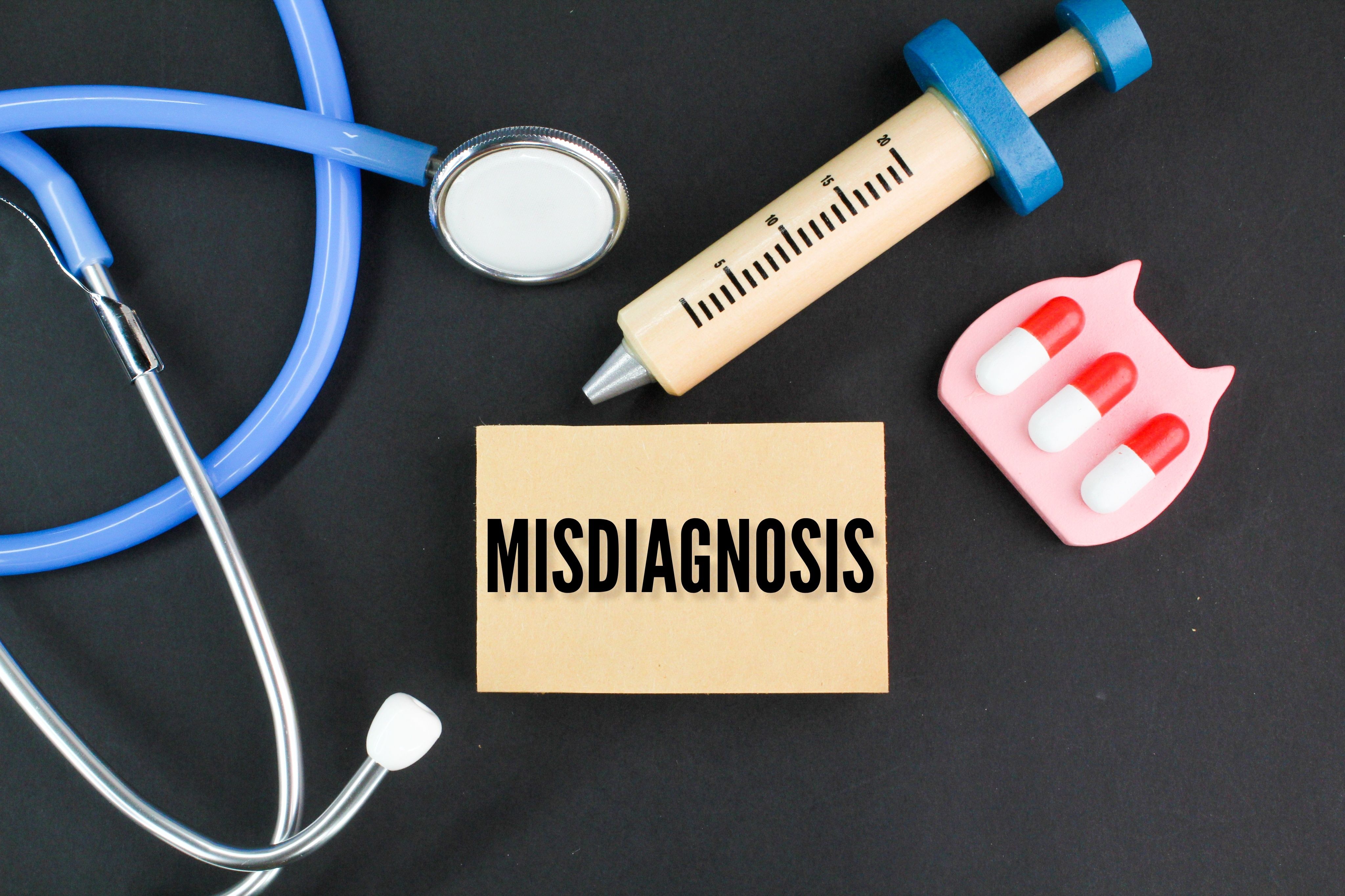
Multiple Sclerosis
Latest News

Latest Videos

CME Content
More News
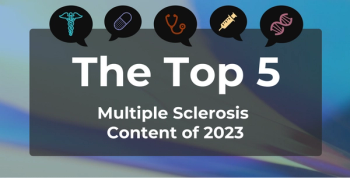
This year’s most-read articles on multiple sclerosis (MS) explored the emergence of new medications, modes of therapy, and predictive tools in the study of MS.

Results showed that evobrutinib did not produce a more superior reduction in annualized relapse rates than teriflunomide, a previously approved disease-modifying agent.

Researchers gathered data on patient-reported outcomes to support evidence for the continuation of natalizumab, a disease-modifying treatment, in the management of multiple sclerosis (MS) progression.

Patients with multiple sclerosis (MS) showed cognitive improvements with frontal theta-transcranial alternating current stimulation (tACS), suggesting its potential as a tolerable and beneficial intervention.

The reported neurofilament light elevation preceding confirmed disability worsening events highlighted the value of NfL as an early biomarker of disability worsening and points to the existence of different windows of dynamic central nervous system pathology.

Three new novel treatments have shown promise in the treatment of multiple sclerosis (MS), including the potential to target neuroinflammation at its source.

A phase 3, randomized, parallel-group trial showcased the efficacy of internet-based cognitive behavioral therapy (iCBT) for combatting depressive symptoms brought on by multiple sclerosis (MS).

The FDA’s decision to allow at-home dosing of intransal foralumab for patients with multiple sclerosis is likely to improve patient compliance to treatment and health outcomes, according to a recent release statement.
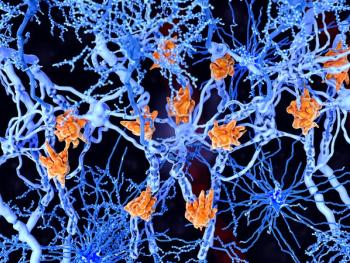
Following the switch from natalizumab, patients with multiple sclerosis on anti-CD20 therapies like rituximab demonstrated significant reductions in annualized relapse rate.
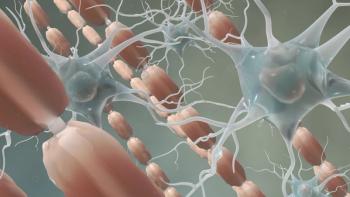
In an observational cohort study, factors such as education, income, and marital status correlated with MS severity outcomes.

Researchers conducted a cohort study that suggests oral N-acetylglucosamine treatment can hinder neurodegeneration and inflammation associated with multiple sclerosis (MS).

Findings showed that autonomic symptom burden was slightly more severe in patients with multiple sclerosis (MS) compared with those with NMOSD, although the difference was not statistically significant.

In a retrospective, real-world cohort study, the factors complicating the diagnosis of primary progressive forms of multiple sclerosis (PPMS) were explored.

Researchers add to previous studies by refuting association between vaccines and MS flare-ups.

With their final thoughts, the panelists emphasize patient-centered care is at the forefront of critical MS treatment considerations for providers.

A comprehensive look into MS treatment objectives is provided.

The rise of telehealth during COVID-19, its limitations, and its uncertain future.


Video games that involve physical exertion was found to be more effective at improving balance in patients with multiple sclerosis (MS) compared with more conventional rehabilitation methods, investigators concluded.

A review of published literature revealed which diet methods and forms of physical activity are most effective at improving patient-reported outcomes in patients with multiple sclerosis (MS).
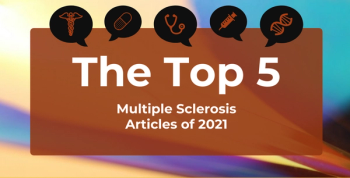
The top 5 most-read multiple sclerosis articles of 2021 focused on artificial intelligence, sunlight exposure, and COVID-19 risk factors, responses, and guidance for people with multiple sclerosis.

After administration of a COVID-19 vaccine, patients with multiple sclerosis (MS) taking ocrelizumab (Ocrevus) or fingolimod (Gilenya) may find themselves less protected against COVID-19 than the general population.

Obesity was found to have a significant association with retinal structure abnormalities related to multiple sclerosis (MS); however, the impact may be greater for African Americans than Caucasian Americans.

Coping strategies can play a role in influencing the health-related quality of life and physical disability of people with multiple sclerosis (MS), researchers concluded.

Researchers recommend vaccination against COVID-19 for patients with multiple sclerosis (MS) after confirming that several types of vaccines are safe and produced no significant adverse events.


